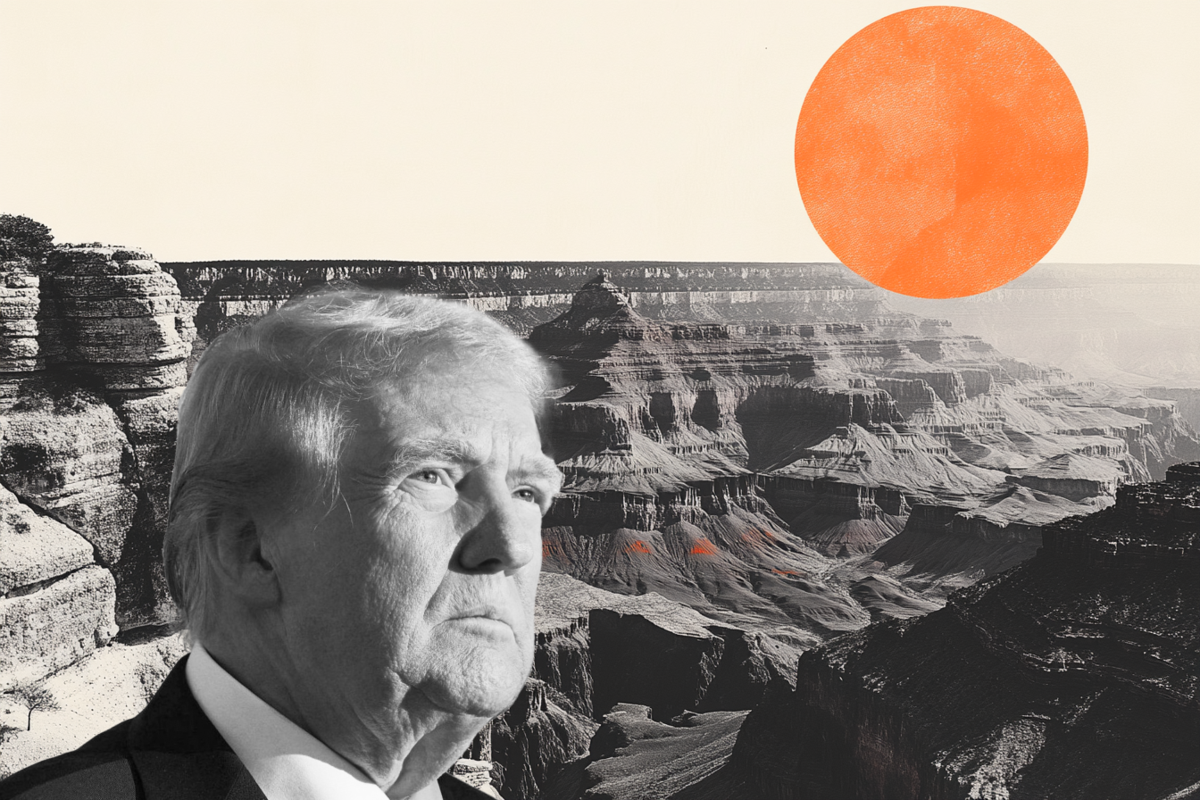Trump's tariff policy moves currency markets

USD – Consolidation after significant USD depreciation
The planned economic stimulus package in Germany and a marked increase in defense spending in the eurozone are improving the economic outlook for the latter over the coming years, causing the euro to appreciate against the US dollar. The recent weakness of the USD was fueled by recession fears in the US due to enormous uncertainty surrounding tariffs, negative US economic growth of -0.3% q/q annualized in Q1 2025 and Trump's attacks on Fed Chairman Powell. The highly unpredictable US trade policy carries the risk of a loss of confidence in US assets in the event of a further escalation in the trade war following the three-month pause in reciprocal tariffs, which would put further pressure on the US dollar. We believe that EURUSD will remain volatile but consolidate at the current significantly higher level.
Yen – Volatile development after US tariff fiasco
Following Trump's announcement of tariffs and their subsequent partial withdrawal in April, the yen appreciated sharply against the dollar. As the euro strengthened against the US dollar at the same time, the yen weakened slightly against the euro. Statements by leading BoJ representatives and crisis meetings between the BoJ and the Ministry of Finance signal that the BoJ is prepared to intervene in the market. At its last meeting, the interest rate-setting committee decided not to raise interest rates in view of Trump's unclear future course of action. At the same time, however, it emphasized that both growth and inflation were developing as desired. Further interest rate hikes at upcoming meetings cannot be ruled out but are unlikely for the time being due to the erratic tariff policy.
CHF – Zero key rate on the horizon, CHF expected to weaken
In the weeks following US President Trump's announcement that he would impose massive reciprocal tariffs on global trading partners, the CHF appreciated significantly against many currencies, including the euro. This was not due to the attractiveness of the currency per se, but rather to its status as a safe haven in turbulent times, as weaker consumer prices have already forced the Swiss National Bank to cut its key interest rate by 1.5% to just 0.25% in this cycle. Inflation in Switzerland has fallen to its lowest level in more than four years as the strong franc is pushing down the cost of imported goods. The annual inflation rate was zero in April. The only significant source of structural inflation was residential rents, without which the figure would have been negative. Against this backdrop, we expect the SNB to cut its key interest rate to 0% at its meeting in June, which is not supportive for the CHF. The SNB is also unlikely to tolerate a further appreciation of the CHF. Following the sharp appreciation of the CHF in recent weeks, we believe the EUR could recover somewhat against the CHF.
Author

Erste Bank Research Team
Erste Bank
At Erste Group we greatly value transparency. Our Investor Relations team strives to provide comprehensive information with frequent updates to ensure that the details on these pages are always current.

















